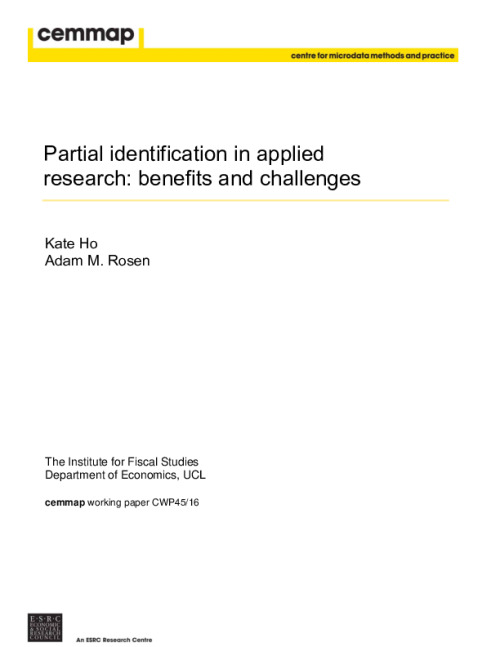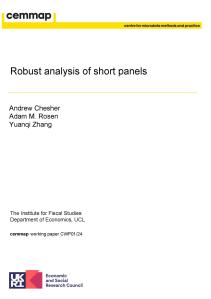Advances in the study of partial identifi cation allow applied researchers to learn about parameters of interest without making assumptions needed to guarantee point identifi cation. We discuss the roles that assumptions and data play in partial identi fication analysis, with the goal of providing information to applied researchers that can help them employ these methods in practice. To this end, we present a sample of econometric models that have been used in a variety of recent applications where parameters of interest are partially identifi ed, highlighting common features and themes across these papers. In addition, in order to help illustrate the combined roles of data and assumptions, we present numerical illustrations for a particular application, the joint determination of wages and labor supply. Finally we discuss the benefi ts and challenges of using partially identifying models in empirical work and point to possible avenues of future research.










